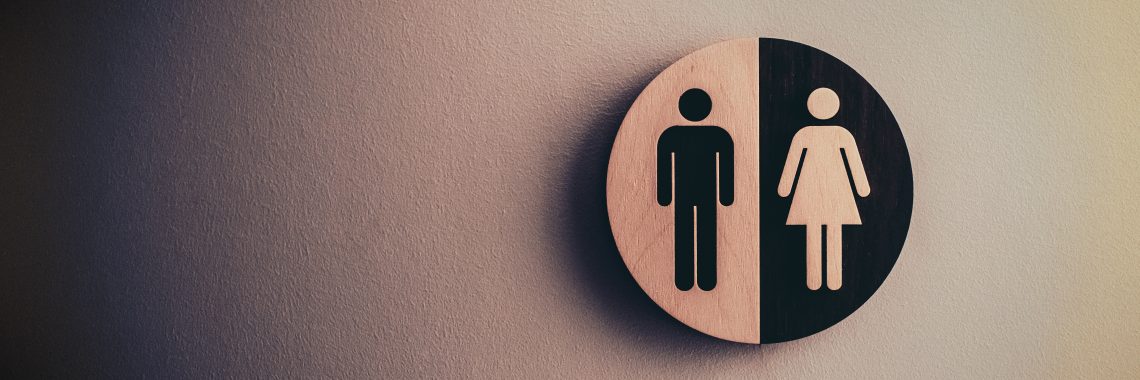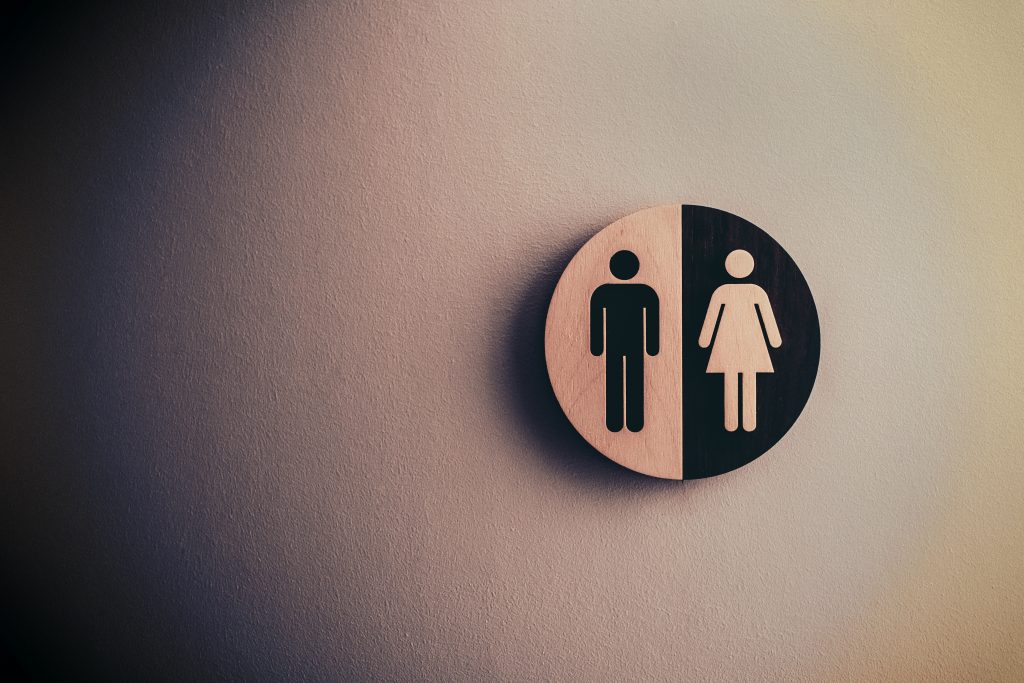Federal Government Sues TikTok Over Alleged Child Privacy Violations

On Friday the United States Department of Justice filed a lawsuit against social media giant TikTok and its parent company for allegedly violating federal laws intended to protect children online.
TikTok boasts approximately one billion users worldwide — including 135 million or more in the U.S. — making it one of the most popular social media platforms on earth.
However, TikTok and its Chinese-based parent company, ByteDance, have come under fire for serving kids a steady “diet of darkness” online and struggling to protect private user data from entities in China, such as the Chinese Communist Party.
In a lawsuit filed Friday in the U.S. District Court for the Central District of California, the U.S. Department of Justice alleged that TikTok and ByteDance violated the Children’s Online Privacy Protection Act of 1998 — a federal law that helps protect children from being tracked online.
The lawsuit accuses TikTok of “unlawful massive-scale invasions of children’s privacy,” saying,
TikTok collects, stores, and processes vast amounts of data from its users, who include millions of American children younger than 13. . . . For years, Defendants [TikTok and ByteDance] have knowingly allowed children under 13 to create and use TikTok accounts without their parents’ knowledge or consent, have collected extensive data from those children, and have failed to comply with parents’ requests to delete their children’s accounts and personal information.
This is not the first lawsuit TikTok has faced for failing to protect children on its platform.
Last year Arkansas Attorney General Tim Griffin filed two lawsuits against the tech giant — one in Cleburne County and another in Union County — for violating the Arkansas Deceptive Trade Practices Act and failing to protect children.
The lawsuits allege that TikTok and ByteDance failed to fully disclose that the company is subject to Chinese laws that mandate cooperation with intelligence activities of the People’s Republic of China, and that TikTok’s algorithm deliberately promotes “intensely sexualized” content — including content that sexualizes children. The A.G.’s legal team has pointed out that objectionable content is even available to users who enable TikTok’s content filtering in the app, and that TikTok aggressively collects sensitive user data.
Social media platforms are more than just websites or phone apps. These are multimillion dollar businesses owned and operated by investors and other interests. The adults who own these companies have a responsibility to follow state and federal laws and to protect children on their platforms.
As we have said before, there’s more and more evidence that social media platforms like TikTok put users’ personal information at risk and are actually designed to push objectionable content to users.
With that in mind, it’s good to see the Department of Justice taking legal action to fight back against these tech companies and protect our children online.
Articles appearing on this website are written with the aid of Family Council’s researchers and writers.



